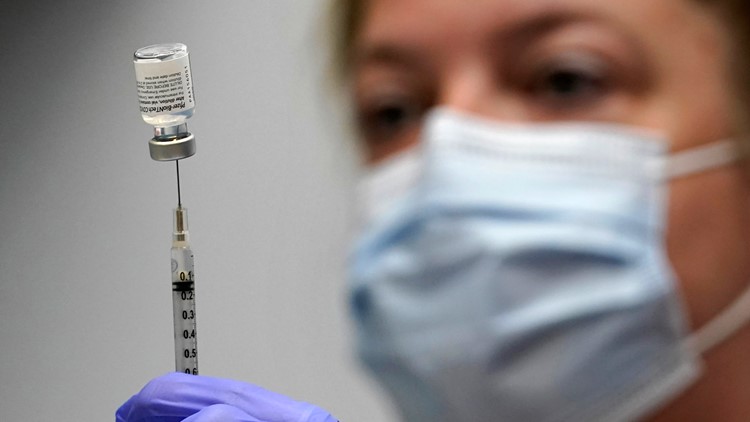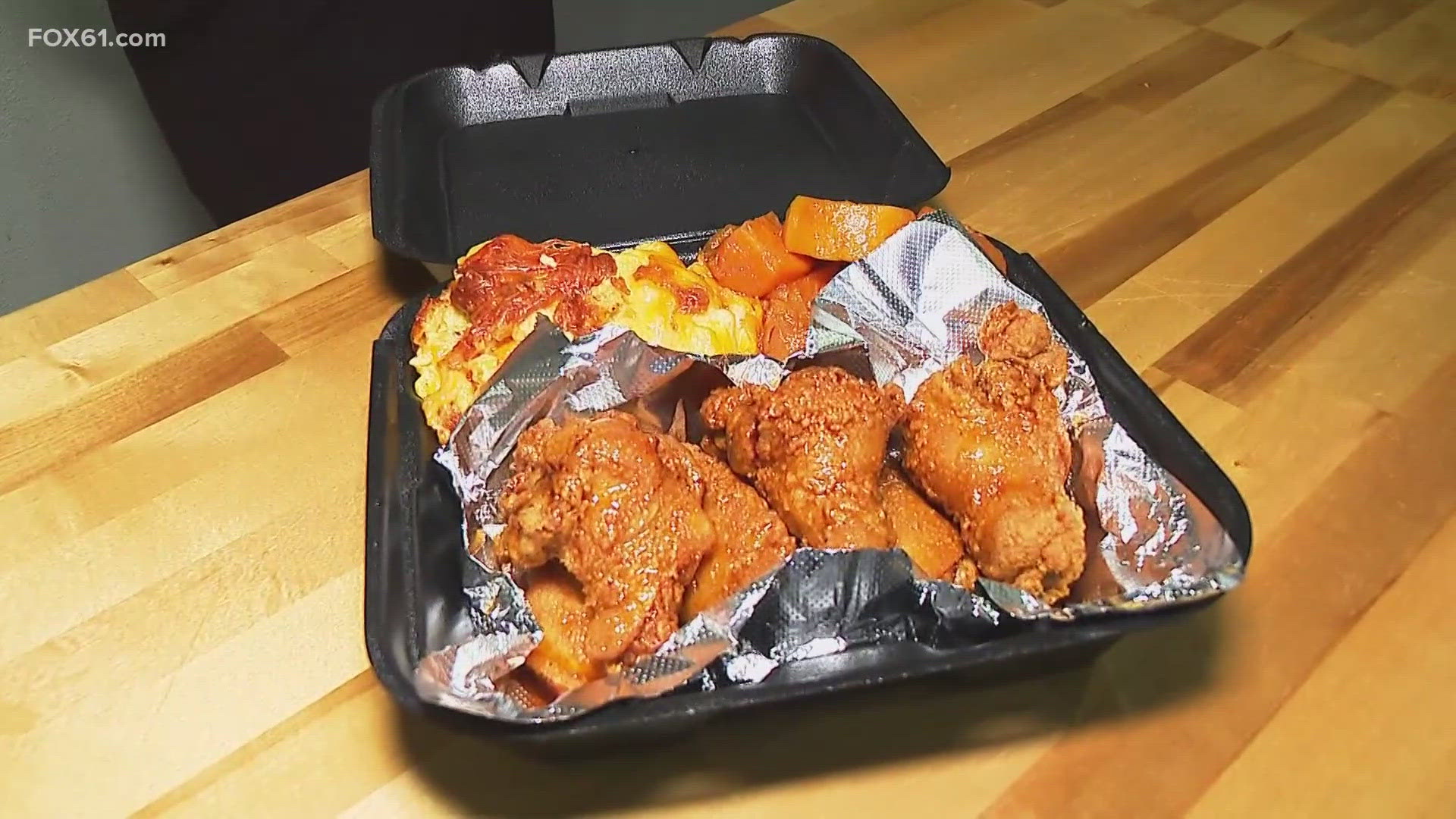Editor's Note: This story has been updated to reflect the FDA's approval of the Moderna COVID-19 vaccine on Jan. 31, 2022, and the Pfizer-BioNTech COVID-19 vaccine on Aug. 23, 2021.
Drug companies like Pfizer, Moderna and Johnson & Johnson rushed to create COVID-19 vaccines to combat the disease as it spread rapidly across the United States amid the coronavirus pandemic, and they were first administered to the public in December 2020. Now, more than 63.8 percent of Americans have been fully vaccinated against COVID-19 as of Jan. 30, 2022, according to the CDC.
Many people online are still wondering what is the difference between an emergency use authorization (EUA) and FDA approval when it comes to the COVID-19 vaccines. Here’s what we know.
THE QUESTION
Have the Moderna and Pfizer-BioNTech COVID-19 vaccines received FDA approval?
THE SOURCES
- U.S. Food and Drug Administration (FDA)
- U.S. Centers for Disease Control and Prevention (CDC)
- Pfizer and BioNTech
- Moderna
THE ANSWER
Yes, the Moderna and Pfizer-BioNTech COVID-19 vaccines have received FDA approval.
WHAT WE FOUND
The Moderna COVID-19 vaccine received approval from the U.S. Food and Drug Administration (FDA) on Jan. 31, 2022, making it the second COVID-19 vaccine to receive full approval from the federal agency months after Pfizer’s.
Moderna’s COVID-19 vaccine will now be marketed as Spikevax in the U.S. and has been approved for use in individuals 18 years of age and older. Spikevax has the same formulation as the emergency use authorization (EUA) Moderna COVID-19 vaccine and is administered as a primary series of two doses, one month apart, according to the FDA.
“Our COVID-19 vaccine has been administered to hundreds of millions of people around the world, protecting people from COVID-19 infection, hospitalization and death. The totality of real-world data and the full BLA (Biologics License Application) for Spikevax in the United States reaffirms the importance of vaccination against this virus. This is a momentous milestone in Moderna's history as it is our first product to achieve licensure in the U.S.," said Stéphane Bancel, CEO of Moderna.
Meanwhile, back on Aug. 23, 2021, the FDA approved the Pfizer-BioNTech COVID-19 vaccine, making it the first COVID-19 vaccine in the U.S. to receive approval from the FDA.
The Pfizer COVID-19 vaccine is now marketed as Comirnaty, according to the FDA, and is approved for use in individuals who are 16 years old and older.
"The FDA’s approval of this vaccine is a milestone as we continue to battle the COVID-19 pandemic. While this and other vaccines have met the FDA’s rigorous, scientific standards for emergency use authorization, as the first FDA-approved COVID-19 vaccine, the public can be very confident that this vaccine meets the high standards for safety, effectiveness, and manufacturing quality the FDA requires of an approved product,” Acting FDA Commissioner Janet Woodcock said in August 2021.
THE QUESTION
Has Johnson & Johnson’s COVID-19 vaccine received FDA approval?
THE SOURCES
- U.S. Food and Drug Administration (FDA)
- Johnson & Johnson
THE ANSWER
No, Johnson & Johnson’s COVID-19 vaccine has not received FDA approval, however, it was granted emergency use authorization (EUA).
WHAT WE FOUND
“An Emergency Use Authorization (EUA) is a mechanism to facilitate the availability and use of medical countermeasures, including vaccines, during public health emergencies, such as the current COVID-19 pandemic,” according to the FDA.
Johnson & Johnson received emergency use authorization from the FDA for its single-dose COVID-19 vaccine on Feb. 27, 2021. This was later amended on April 23 to include information about a very rare and serious type of blood clot in people who receive the vaccine. The EUA allows the Johnson & Johnson COVID-19 vaccine to be distributed in the U.S. for use in individuals 18 years of age and older.
The FDA further explains what happens under an EUA on its website:
“Under an EUA, FDA may allow the use of unapproved medical products, or unapproved uses of approved medical products in an emergency to diagnose, treat, or prevent serious or life-threatening diseases or conditions when certain statutory criteria have been met, including that there are no adequate, approved, and available alternatives. Taking into consideration input from the FDA, manufacturers decide whether and when to submit an EUA request to FDA.
Once submitted, FDA will evaluate an EUA request and determine whether the relevant statutory criteria are met, taking into account the totality of the scientific evidence about the vaccine that is available to FDA.”
Johnson & Johnson told VERIFY in an email that the company continues to evaluate its plans to file a BLA with the FDA.
More from VERIFY: No, the CDC doesn’t count positive results from at-home COVID-19 tests



